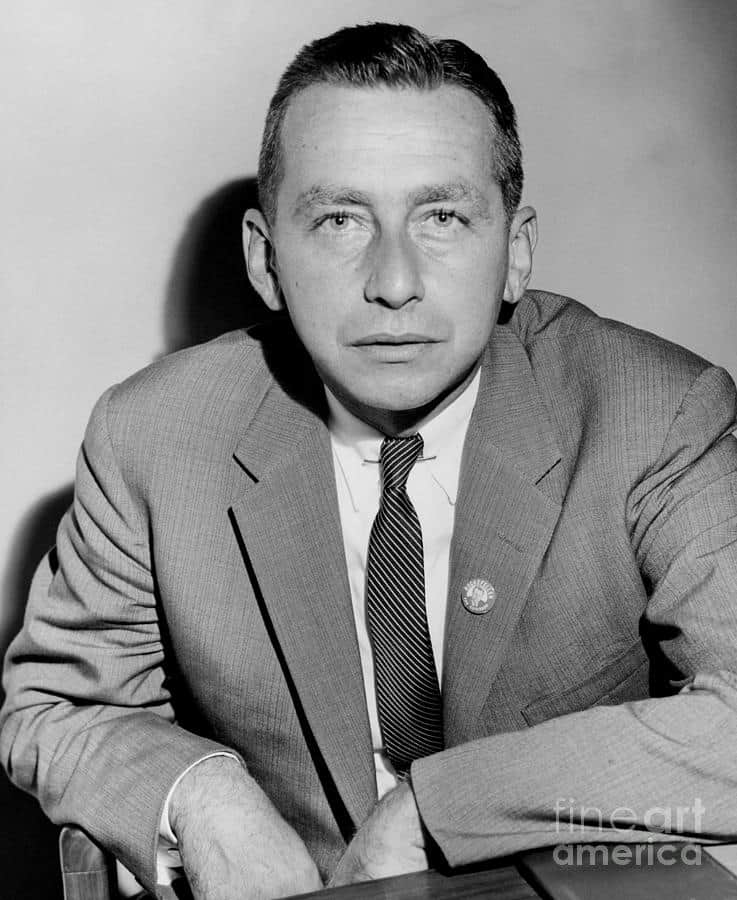
By Mary Hoar, City of Yonkers Historian, President Emerita Yonkers Historical Society, recipient of the 2004 Key to History, Member of the Yonkers Landmarks Preservation Board, and President Untermyer Performing Arts Council
Monday, February 6th
February 6, 1925: Billy Cook, owner of Billy Cook’s Inn on South Broadway, and employee Joe Ryan, were arraigned before US Commissioner Boyle. Federal prohibition agents had raided the Inn the day before… while the Yonkers Republican Club held their annual dinner upstairs! Mayor Ulrich Wiesendanger persuaded the Feds not to search the dinner guests for liquor, as the dinner only had a “respectable group of citizens… many his own guests.” In fact, the guests had no idea there was a raid until after dinner was served and the room cleared for dancing.
February 6, 1925: While interviewed by the press, Public Safety Commissioner Iles, a guest at the Yonkers Republican Club’s annual dinner,
attributed the raid to “political animosity, brought about by some person or persons… not friendly toward the Yonkers Republican Club.”
Rolland Merrick, chief of the local Federal Prohibition Enforcement agents, stated his men knew nothing about the Republican Party dinner; the raid was planned the day before when an agent bought a drink at the Inn.
Iles accused Merrick a week earlier of “not doing his job.” Merrick, questioned about potential prosecution of the Yonkers officials at the dinner, commented,” That remains to be seen.”
Tuesday, February 7th
February 7, 1925: Roland Merrick, area Prohibition agents’ Chief, announced prosecution of Yonkers Administration officials was not going to happen, as his team “got all we wanted,” meaning they arrested the proprietor, the employee and got the evidence.
February 7, 1941: Assemblyman Malcolm Wilson introduced a bill to repeal the law requiring state-operated museums, including Philipse Manor Hall, to charge admission. The new admission charge at state sites caused a large drop in visitors.
Wednesday, February 8th
February 8, 1925: Fists flew in an argument between Democratic District Leader William Scully, Republican District Leader James Herald and Frank Cook, brother of the owner of Billy Cook’s Inn. The men were discussing the raid a few days earlier, and why the agents had not disturbed the Yonkers Republican Club annual dinner after Republican Mayor Wiesenfeld asked they be left alone. Herald and Cook didn’t like what Scully said, so they roughed him up before tossing him out.
Scully immediately went to the Third Precinct to report the incident; the officers drove him to the hospital to get four stitches. Scully chose not to make a complaint, but decided instead to bring a law suit for his damages.
Thursday, February 9th
February 9, 1925: At the Anti-Saloon League Field Day, Chief Counsel Orville Poland, discussing local enforcement of the Prohibition Amendment, labeled Commissioner Iles’ statement that the League had “framed up” the evidence that led to the raid of Billy Cook’s Inn as “willful untruth.”
February 9, 1925: The NYS Assembly unanimously passed Westchester Assemblyman Shank’s resolution that territory cannot be annexed by another city unless approved by the voters of the affected area. Westchester residents urged passage as fear grew that parts of the county would be annexed by New York City without consent. The bill passage stopped Woodlawn’s movement to annex southeast Yonkers.
Friday, February 10th
February 10, 1947: Contractors could not get into the Labor Temple on Walnut Street, so called a locksmith. Inside, they found a deserted room with telephones and tables littered with bet records and pads! Someone immediately notified police and The Herald Statesman a “horseroom” was found. Commissioner O’Hara arrived with Captain James McCue and Lieutenant William Comey and confiscated all the materials. Dates on the scratch sheet were two years old.
February 10, 1953: Dr. and Mrs. Morris Woodrow were the honored guests of Arthur Krim, President of United Artists Corporation at the formal Premiere of John Huston’s “Moulin Rouge” at the Capitol Theater. Mr. Krim was the bother of Beatrice Woodrow.
Saturday, February 11th
February 11, 1946: The War Department notified Westchester County Supervisors Yonkers had applied for a permit to build a yacht basin, marine railway, bulkhead, and to fill in the Hudson River at Greystone, the former estate of Samuel Untermyer. Yonkers wanted a bulkhead to enclose an area extending 400 feet offshore of the high-water line.
February 11, 1953: Because of the heavy traffic on the narrow Bronx River Road resulting from closure of parts of the Bronx River Parkway for repairs, Yonkers used barricades to close off the road at the Mc Lean and Yonkers Avenues intersections. Yonkers police were on hand to shunt traffic west to Central Park Avenue during morning and evening rush hours. The parkway had been closed without provision for an alternate route; as a result, thousands of cars were exiting the parkway in Yonkers, according to Walter Hopkins, chair of the Bronx River Road Committee.
Sunday, February 12th
February 12, 1929: the home of Park Hill pioneer Edwin K. Martin, was sold to Dr. Paluel Flagg, a well-known New York specialist and member of an old Yonkers family. The home at 87 Alta Avenue was one of the first to be built in Park Hill by the developer, was constructed of Mile Square granite, and had eighteen rooms and five baths. Before Martin bought the home, the building was the Moeller Boarding School. In 1926, the school lost the legal fight to have its residents attend School #18 on Park Hill Avenue.
February 12, 1953: The Junior Chamber of Commerce (Yonkers Jaycees) kicked off its ten day “Americanism” drive. The organization began the program to remind Yonkers residents the many blessings they enjoyed under the American way of life. They encouraged people to fly their flags, and asked clergy of all
denominations to speak of Americanism in their sermons. Local movie theaters were supplied film trailers to show, and banks, shops and utilities were requested to feature displays promoting this theme.
Questions or comments? Email YonkersHistory1646@gmail.com.
For information on the Yonkers Historical Society, Sherwood House and upcoming events, please visit our website www.yonkershistoricalsociety.org, call 914-961-8940 or email info@yonkershistoricalsociety.org





